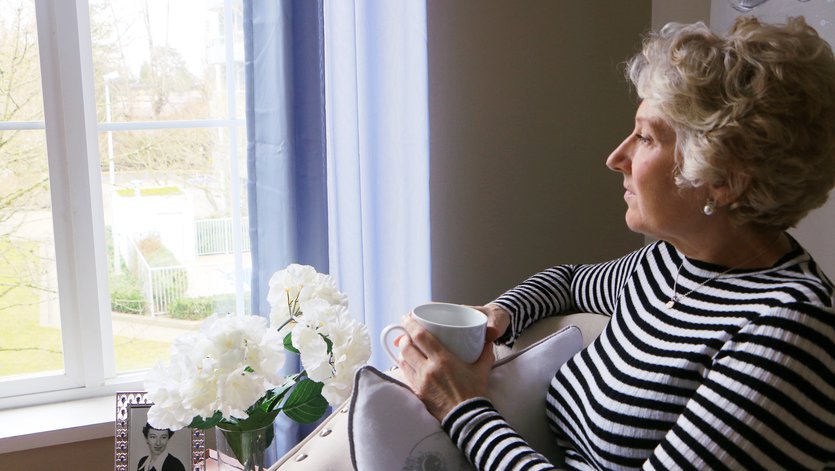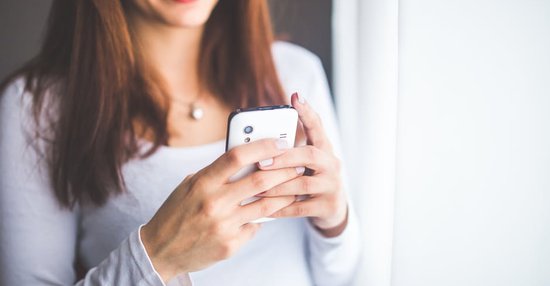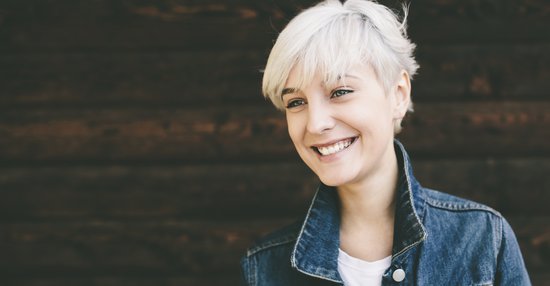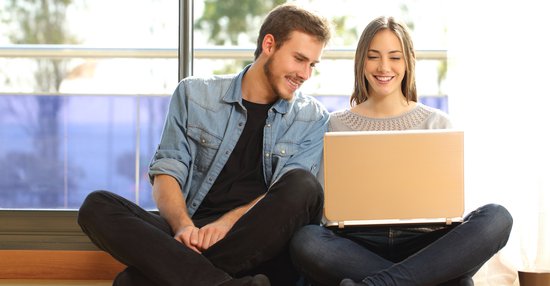Kelley Adamson, a nurse in Surrey, B.C., thought she was able to empathize with her cancer patients – until she was diagnosed with the disease herself.
“I can go to all the education sessions on chemo and administer it and understand how the drug works and the body works,” she said. “But until you have a cancer that’s potentially lethal and go through nasty, dirty treatment – how can you truly empathize?”
“You don’t get it … until you’re fighting for your life.”
The long-time nurse went in for a routine mammogram December 29, 2015.
By early January 2016 – only two weeks later – she was diagnosed with triple negative breast cancer and had a lumpectomy.
Her cancer was stage one, but the tumour was grade three. She needed months of chemotherapy and radiation.
“It exhausted me – and it exhausted me for six months afterwards,” she said of her three chemotherapy drugs and subsequent radiation.
Her appearance changed drastically and quickly.
“All my hair fell out … and my skin was almost translucent,” she said, adding that steroids caused her to bloat and gain weight as well. “I was used to presenting myself to the world in another way: healthy, with medium-length hair – sort of what people expect us to look like.”
She had to figure out how to present herself to the world while battling breast cancer.
“People look at you. They know you’re sick when you’re out, if you go to a mall or just to go get groceries,” she said. “There’s no secrets when you have cancer.”
“It’s quite isolating.”
She struggled with finding her femininity and sense of self.
Yet when friends and family look at photos of her from that time, they point out that she’s always smiling.
Kelley credits that smile to Look Good Feel Better.
In the early stages of her diagnosis – when she started to lose sight of her familiar reflection – it was easy to give up and say, “What’s the point? I look terrible, I’m just going to stay home.”
Fortunately, her oncology team told her about a Look Good Feel Better workshop at the B.C. Cancer Agency's Fraser Valley Centre. She signed up and found herself in a room with more than a dozen other women facing many of the same challenges she was.
“It puts it in perspective, because you’re not the only one,” she said. “There we were, all of us bald, sitting around this table sharing our stories – and learning how to put our eyebrows on properly. That was fun,” she said. “When you put on makeup when you are looking that way you do look better, you feel better.
“It brought a positivity.”
She realized she didn't need hair to be beautiful.
“It comes from inside. It’s a quiet confidence – and some good eyebrows,” she said with a laugh, adding that she started going out with friends again after learning Look Good Feel Better's Signature Steps.
Now in remission and back at work, Kelley believes her cancer experience has made her a better nurse.
“Now that I have gone through this and have had the same disease, I feel like it’s enhanced my ability to nurse these patients, because I truly come from a place of empathy,” she said. “I’ve walked in their shoes, I’ve been there.”
“People sense real empathy. It makes you more approachable and it makes you sometimes be their advocate – I’ve had them use me that way.”
When asked for insight or advice, she stresses the importance of emotional health.
“Treating cancer is a holistic process,” she said.
She recommends counselling, which helped her, and, of course, Look Good Feel Better.
“Anything that can pull you away from some of the isolation associated with cancer … and bring you into a group of people that understand what you’re going through, is something I definitely recommend to my patients,” said Kelley. “These things that we do for ourselves, they help everyone around us everyday.”




